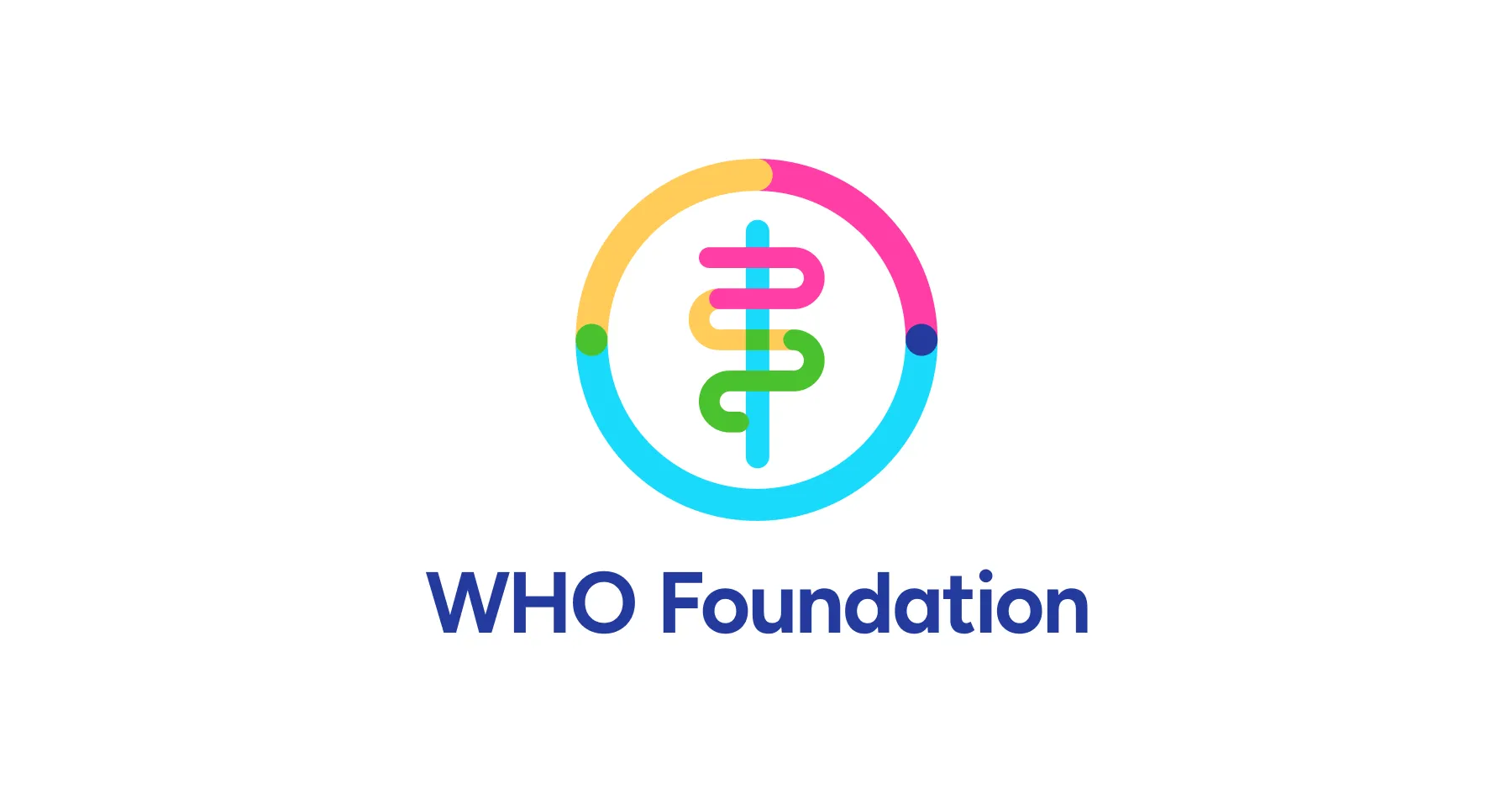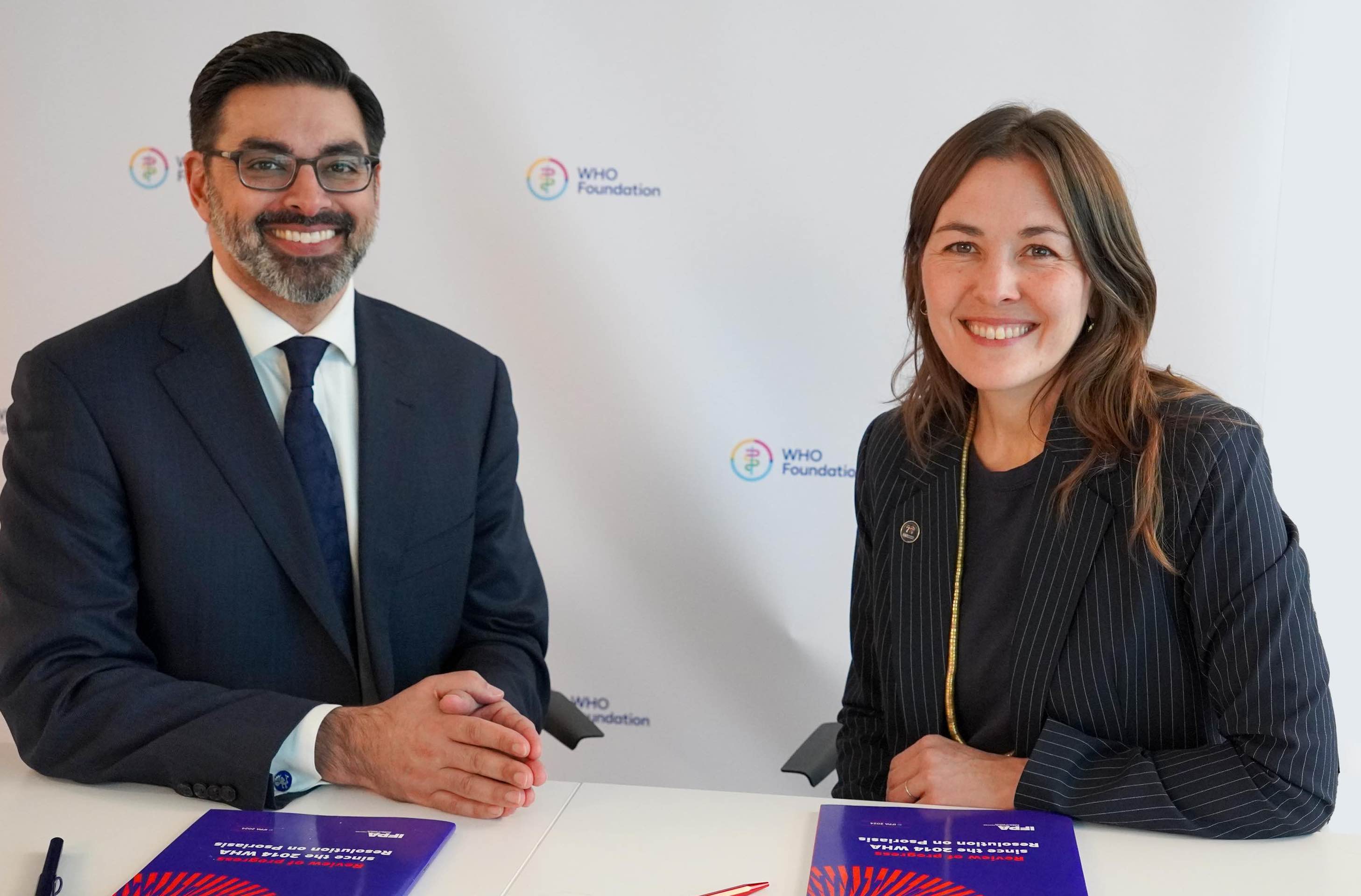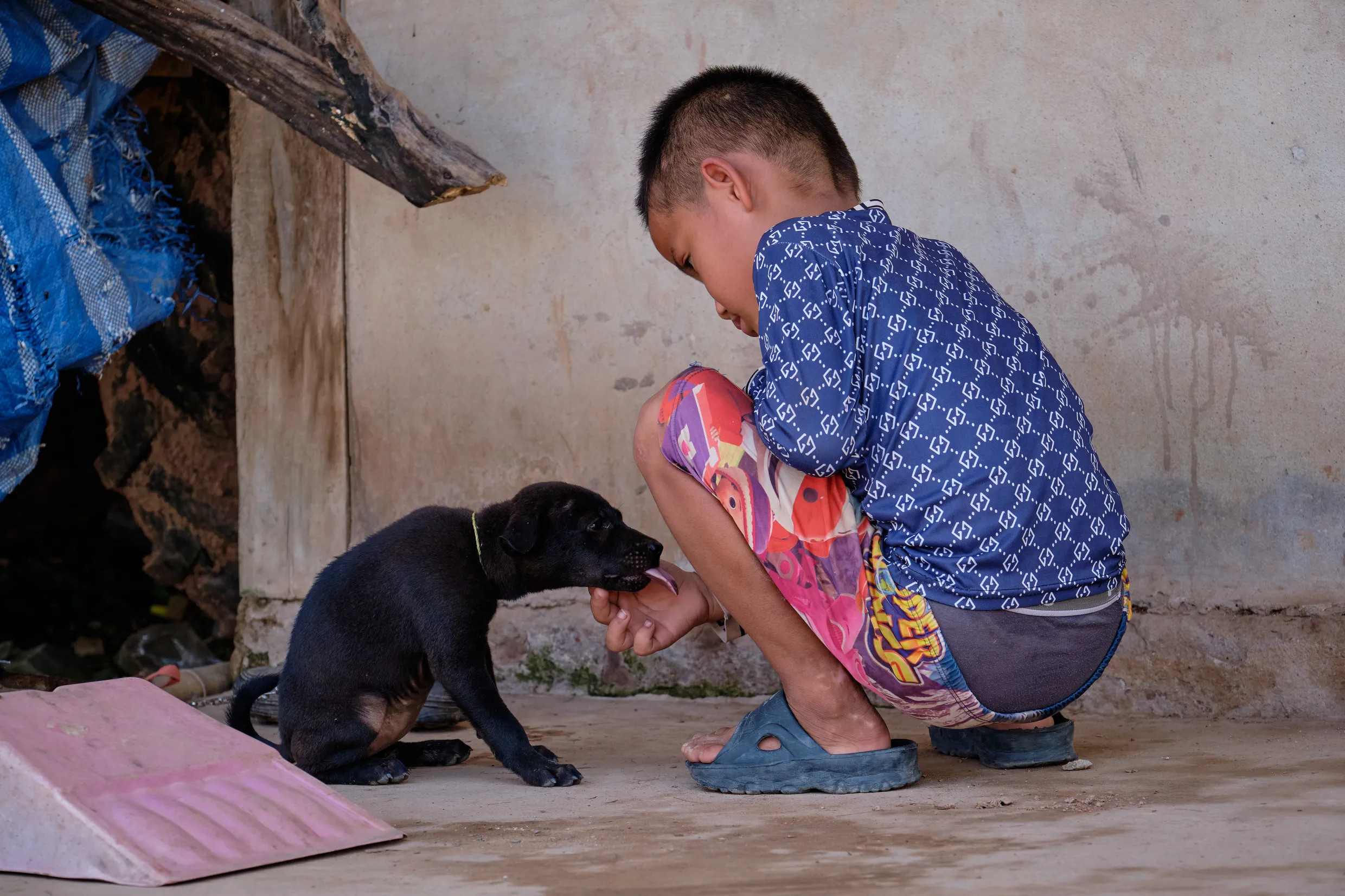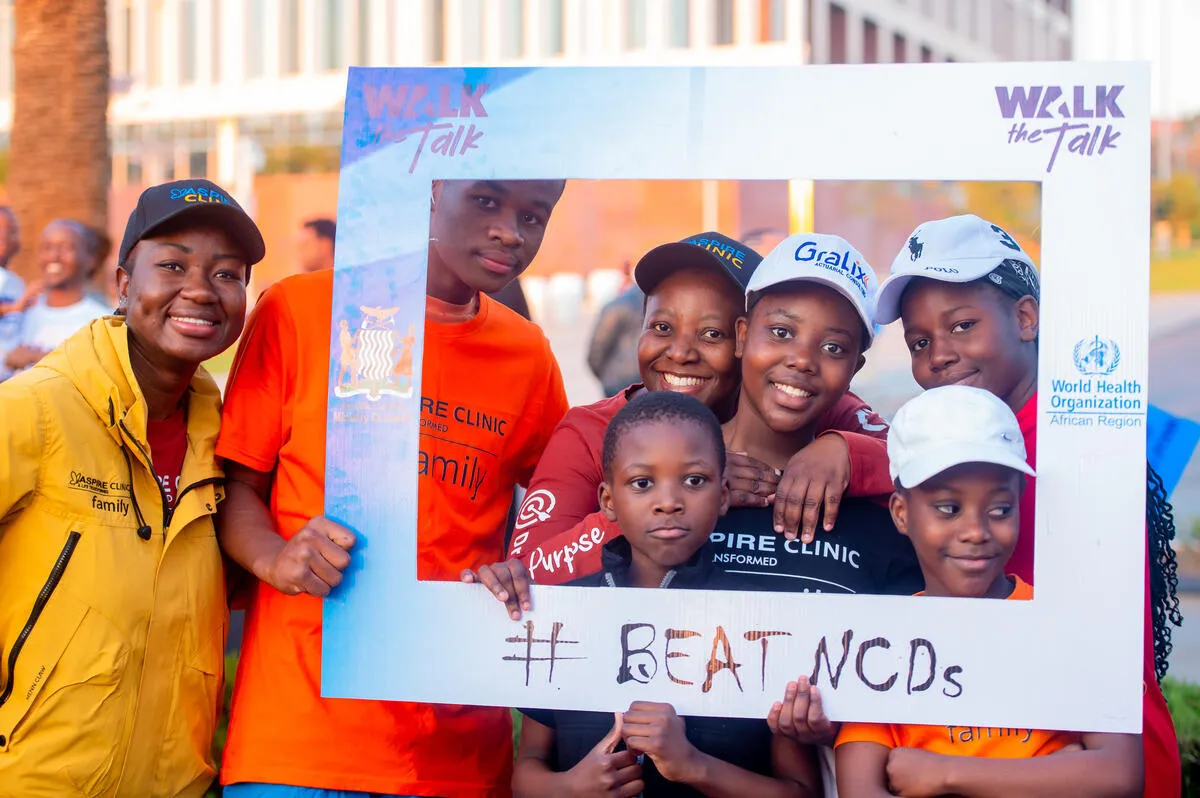
Geneva, 8 November 2025
The Guardian article titled “Alarm as WHO accepts increasing amounts of dark money from donors”, published on 9 September 2025, contains several inaccurate and misleading claims.
Below are the facts:
1. Question: Does the WHO Foundation accept “dark money”?
Answer: No, it does not.
The WHO Foundation rejects the allegation that it accepts donations to WHO that influence its decision-making.
The term “anonymous” or “undisclosed” in reference to donations in our contribution tables and annual reports simply means that a donor’s name is not made public. However, all donors are fully known to the WHO Foundation and are subject to a comprehensive due diligence Framework, which is in place to ensure that every donor and gift comply with the principles of WHO’s Framework for Engagement with Non-State Actors (FENSA). These principles include transparency, accountability, scientific independence, and alignment with WHO’s global program of work.
The largest previously anonymous donor to the WHO Foundation is the Hans Wilsdorf Foundation — a philanthropic institution with a tradition of discretion whose contributions support WHO Foundation operations, not WHO’s programs. Other philanthropic donors initially listed as anonymous include the ELMA Philanthropies and the Ford Foundation, both of which have since agreed to the public attribution of their support.
The WHO Foundation categorically states that contributions received do not influence either WHO’s policies or priorities within its mandate. WHO and the WHO Foundation are independent entities whose relationship is governed by an affiliation agreement. A donor that attempts to impose conditions on WHO or to influence its decision-making would be rejected.
2. Question: Is it true that much of WHO Foundation funding comes from anonymous sources?
Answer: No, that is incorrect.
Anonymous contributions represent approximately 5% of all funds contributed between 2021 and 2024 — declining from around 8% in 2021 to about 1% in 2024. Anonymous does not mean unknown. All donors are fully identified and verified by the WHO Foundation. Our Gift Acceptance Policy and Due Diligence Framework ensure that all donations align with WHO’s mission and adhere to strict public health and ethical standards.
Anonymous giving is common in charitable fundraising, as some donors wish to retain privacy and choose not to disclose their gifts. Anonymous does not imply influence. Sometimes it is the opposite, and some donors stay private to minimize any influence or perceived benefit to the donor.
3. Question: Is the WHO Foundation the same as the WHO?
Answer: No, they are distinct entities.
The WHO Foundation is a legally independent Swiss foundation established in 2020 to mobilize resources in support of WHO and its mission. It serves as a donor to WHO, advocating for global health financing, brokering relationships with donors, raising funds, transferring them to WHO, and reporting on their impact.
The World Health Organization (WHO), by contrast, is a specialized agency of the United Nations responsible for directing and coordinating international public health efforts.
4. Question: Is big business playing a larger role in shaping WHO policies through WHO Foundation donations?
Answer: No, this is incorrect.
Donations to the WHO Foundation have no influence on WHO’s policy-making, which remains within WHO’s sole discretion as per its mandate and governance.
The WHO Foundation’s donor base is diverse and includes philanthropic foundations, individuals, and companies, which together contributed more than USD 100 million between 2021 and 2024. Contributions from these donors represent less than 0.5% of WHO’s overall annual budget.
5: Question: Has The Guardian corrected the inaccuracies it published?
Answer: Following the WHO Foundation's direct engagement with The Guardian, it issued several corrections and clarifications to amend the original article. However, the WHO Foundation continues to reject the highly misleading central premise of the article, namely that it receives money that influences WHO’s decision-making or that its donations are at odds with WHO's independence as a public health authority.
We reiterate our call on The Guardian to correct its misleading claims, consistent with principles of responsible journalism and the need to counter misinformation.
6: Question: What does WHO Foundation do to ensure transparency and accountability?
Transparency and accountability are at the heart of everything we do. To make it easier for partners and the public to understand how we operate, our Transparency and Independence page offers direct access to the below key documents and information:
- The Affiliation Agreement between WHO and the WHO Foundation
- Our Gift Acceptance Policy
- Annual Reports, Financial Statements, and Contribution Tables
- Frequently Asked Questions explaining how funds are raised, managed, and allocated
These resources reflect our unwavering commitment to openness, responsible stewardship, and continuous improvement in the way we share information and build trust.
For further information or media inquiries, please contact: media@who.foundation


